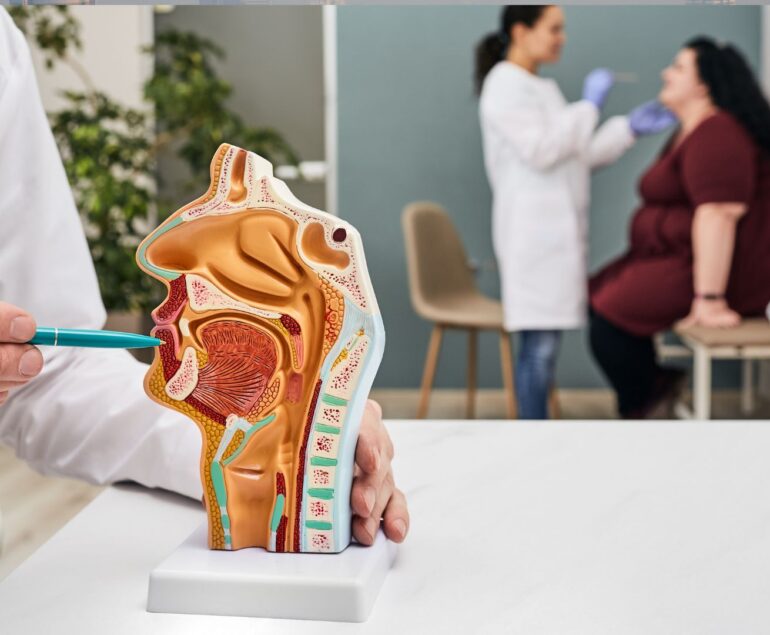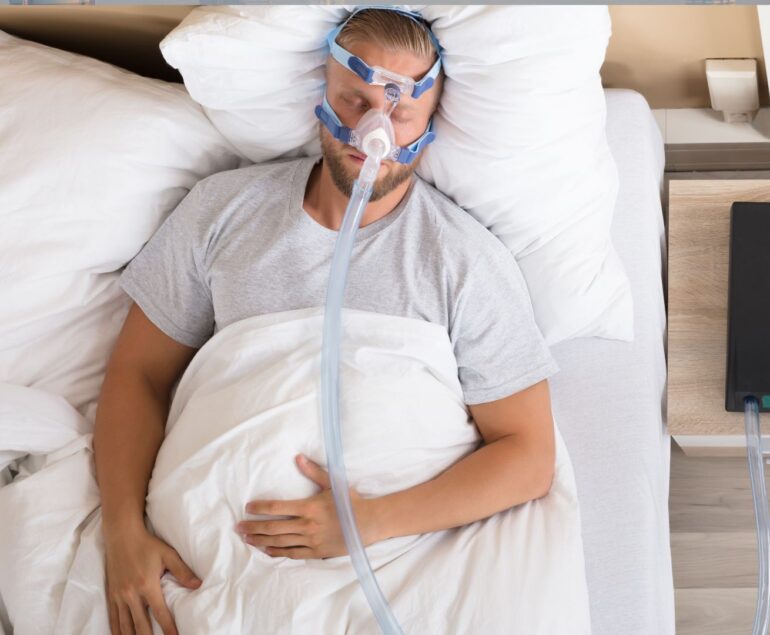Introduction
Sinusitis, commonly known as a sinus infection, is a condition that affects millions of people worldwide. This post will delve into the causes, symptoms, and various treatment options for sinusitis, helping you understand how to manage this common ailment effectively.
Causes and Symptoms
Sinusitis occurs when the tissues lining the sinuses become inflamed and swollen. Here are the primary causes and symptoms:
- Causes: Sinusitis can be caused by a range of factors, including:
- Infections: Viral, bacterial, or fungal infections can lead to sinusitis.
- Allergies: Allergic reactions to dust, pollen, and other allergens can trigger sinus inflammation.
- Nasal Polyps: These non-cancerous growths in the nasal passages can block the sinuses.
- Deviated Septum: A misalignment of the nasal septum can restrict or block sinus passages.
- Other Factors: Cold weather, smoking, and respiratory tract infections.
- Symptoms: The symptoms of sinusitis can vary depending on the severity and cause, but common signs include:
- Facial pain and pressure, especially around the nose, eyes, and forehead.
- Nasal congestion and difficulty breathing through the nose.
- Thick, discolored nasal discharge.
- Reduced sense of smell and taste.
- Headache, especially when bending over.
- Tooth pain or ear pain.
- Fatigue and general feeling of illness.
Treatment Options
Treating sinusitis involves addressing the underlying cause and managing symptoms. Here are some common treatment options:
- Medications:
- Antibiotics: If a bacterial infection is the cause, antibiotics may be prescribed.
- Nasal Corticosteroids: These sprays help reduce inflammation and swelling in the nasal passages.
- Decongestants: Available in pill or nasal spray form, these can help reduce nasal congestion.
- Antihistamines: Useful if allergies are a contributing factor.
- Steam Inhalation: Inhaling steam from a bowl of hot water can help open nasal passages.
- Saline Nasal Sprays: These help clear out mucus and keep the nasal passages moist.
- Hydration: Drinking plenty of fluids can thin mucus and promote drainage.
- Rest: Getting enough rest helps the body fight off infections.
- Surgical Options:
- Endoscopic Sinus Surgery: In severe or chronic cases, surgery may be necessary to remove blockages and improve sinus drainage.
Preventive Measures
Preventing sinusitis involves reducing the risk factors and maintaining good nasal hygiene:
- Avoid Triggers: Identify and avoid allergens or irritants that can trigger sinusitis.
- Good Hygiene: Regular hand washing and avoiding close contact with individuals who have respiratory infections can help.
- Stay Hydrated: Drinking plenty of water keeps the nasal passages moist.
- Humidify the Air: Using a humidifier in your home can prevent dry air from irritating the sinuses.
Conclusion
Sinusitis can significantly impact your quality of life, but understanding its causes, symptoms, and treatment options can help you manage the condition effectively. If you experience persistent or severe symptoms, it is important to seek medical advice.
For more information or to schedule a consultation, please visit my website at www.drvivekpathak.com or call +917838450942.





